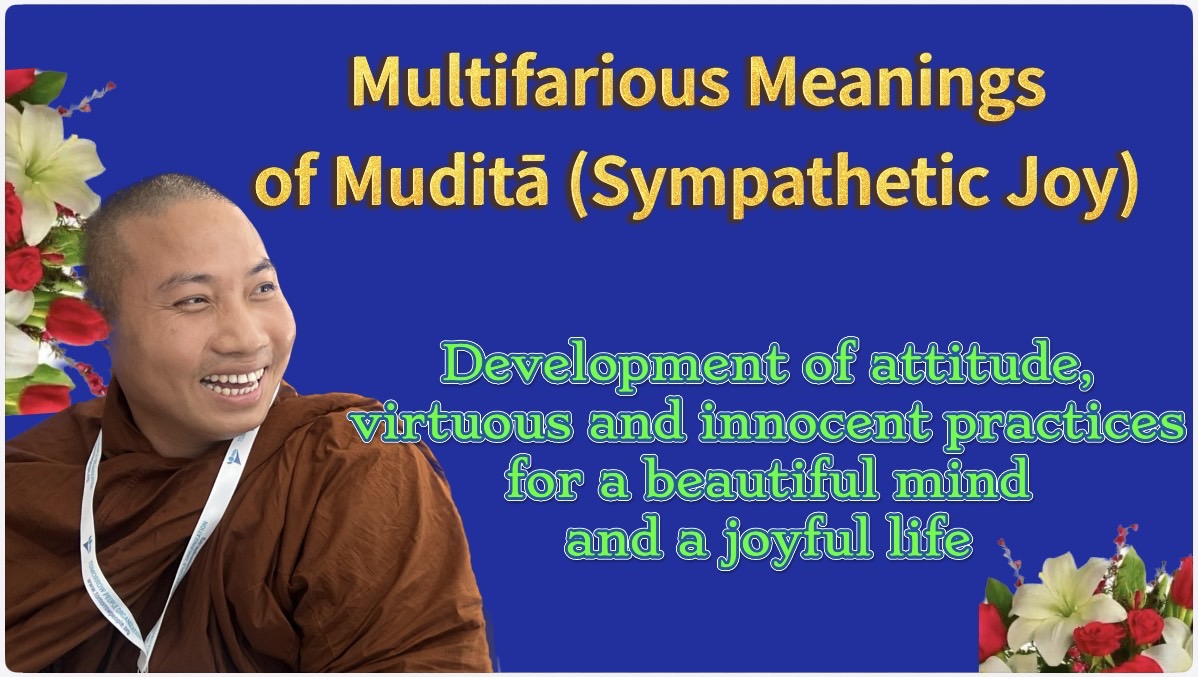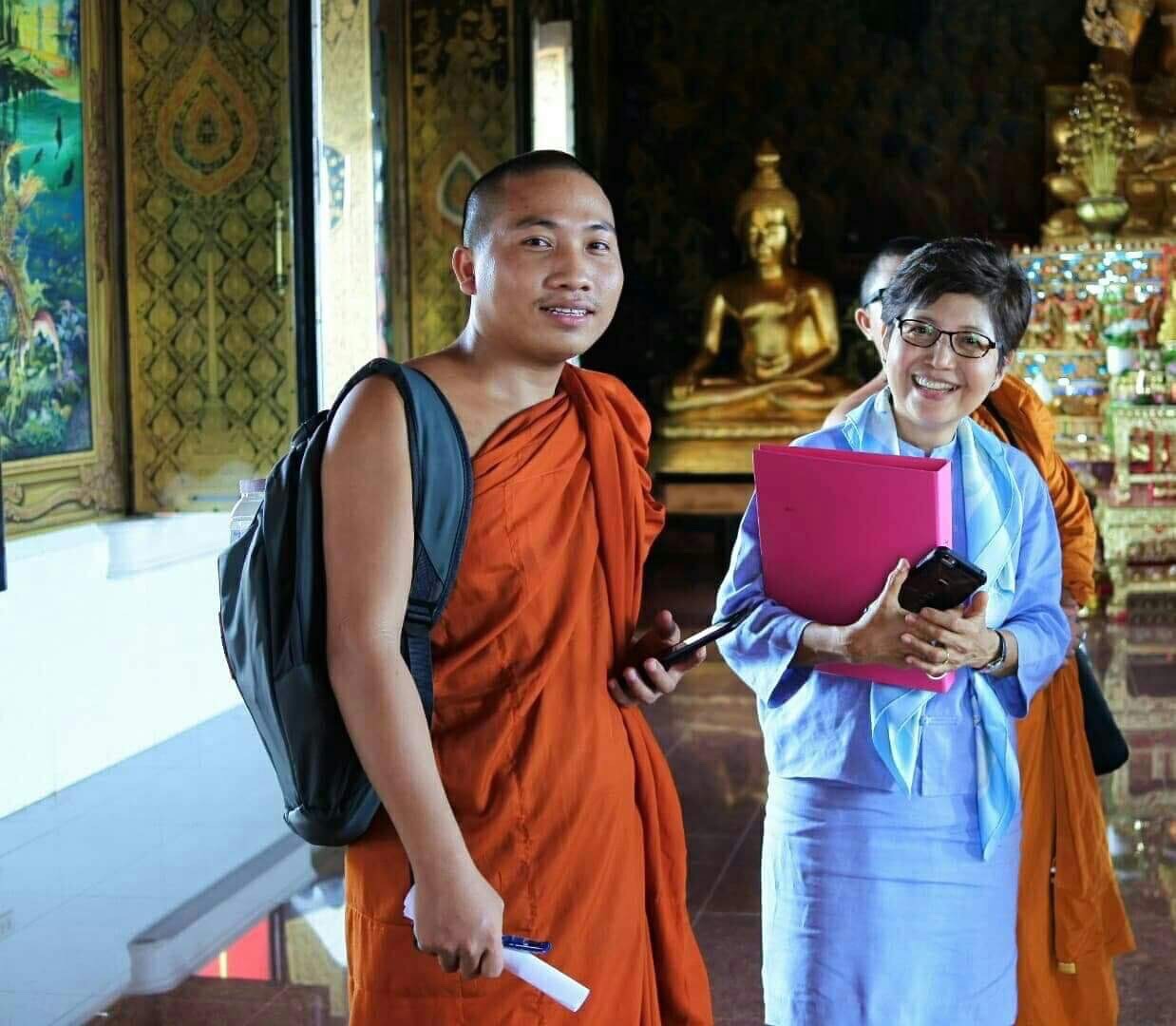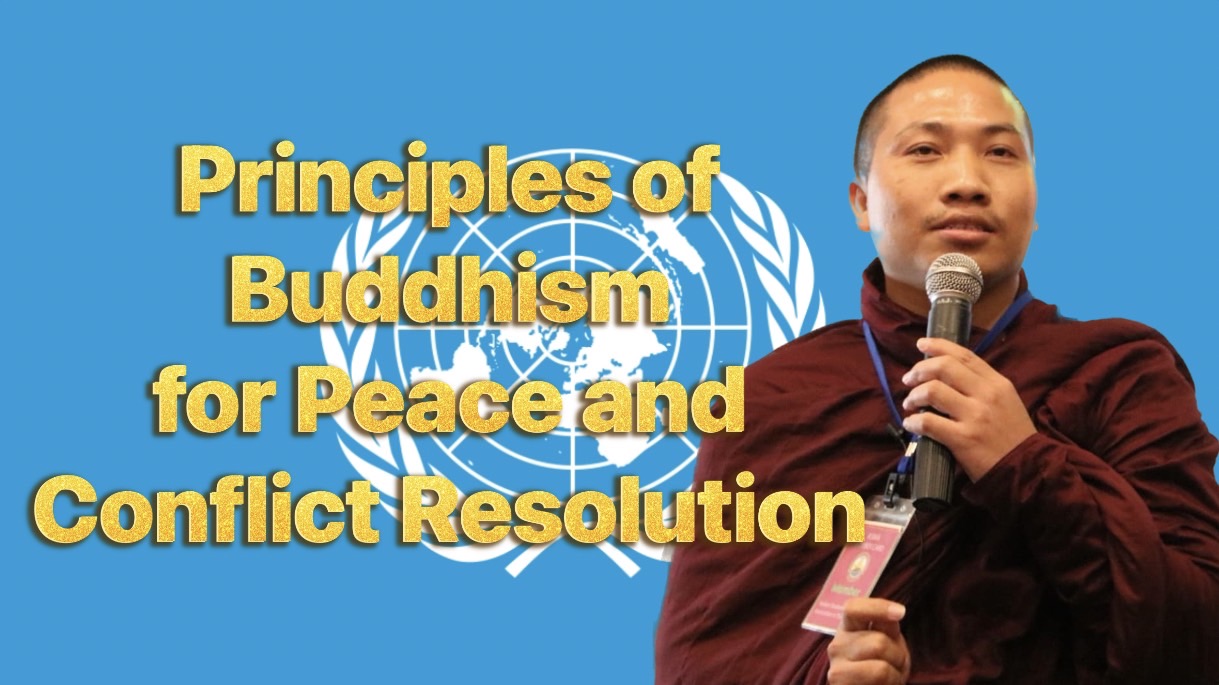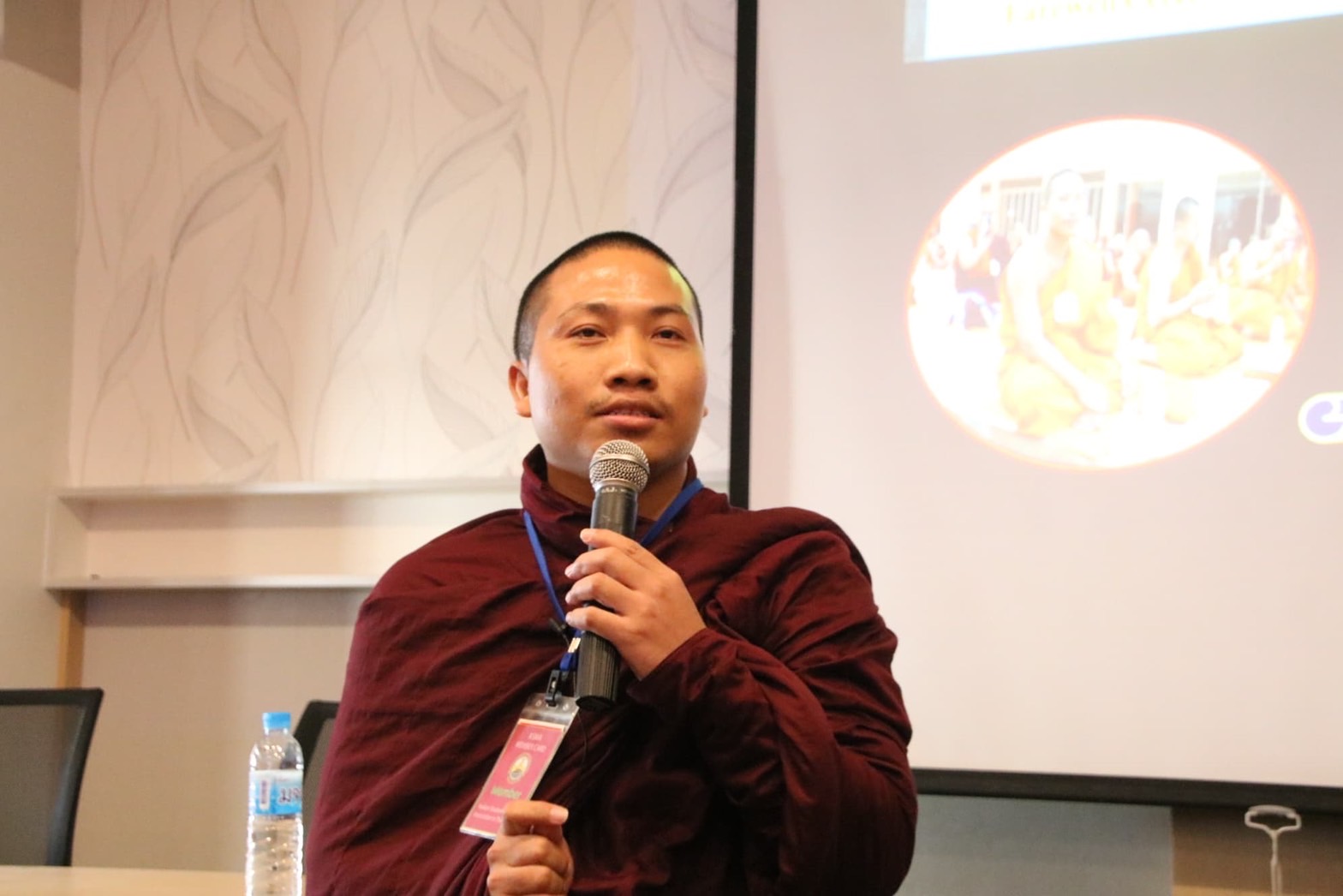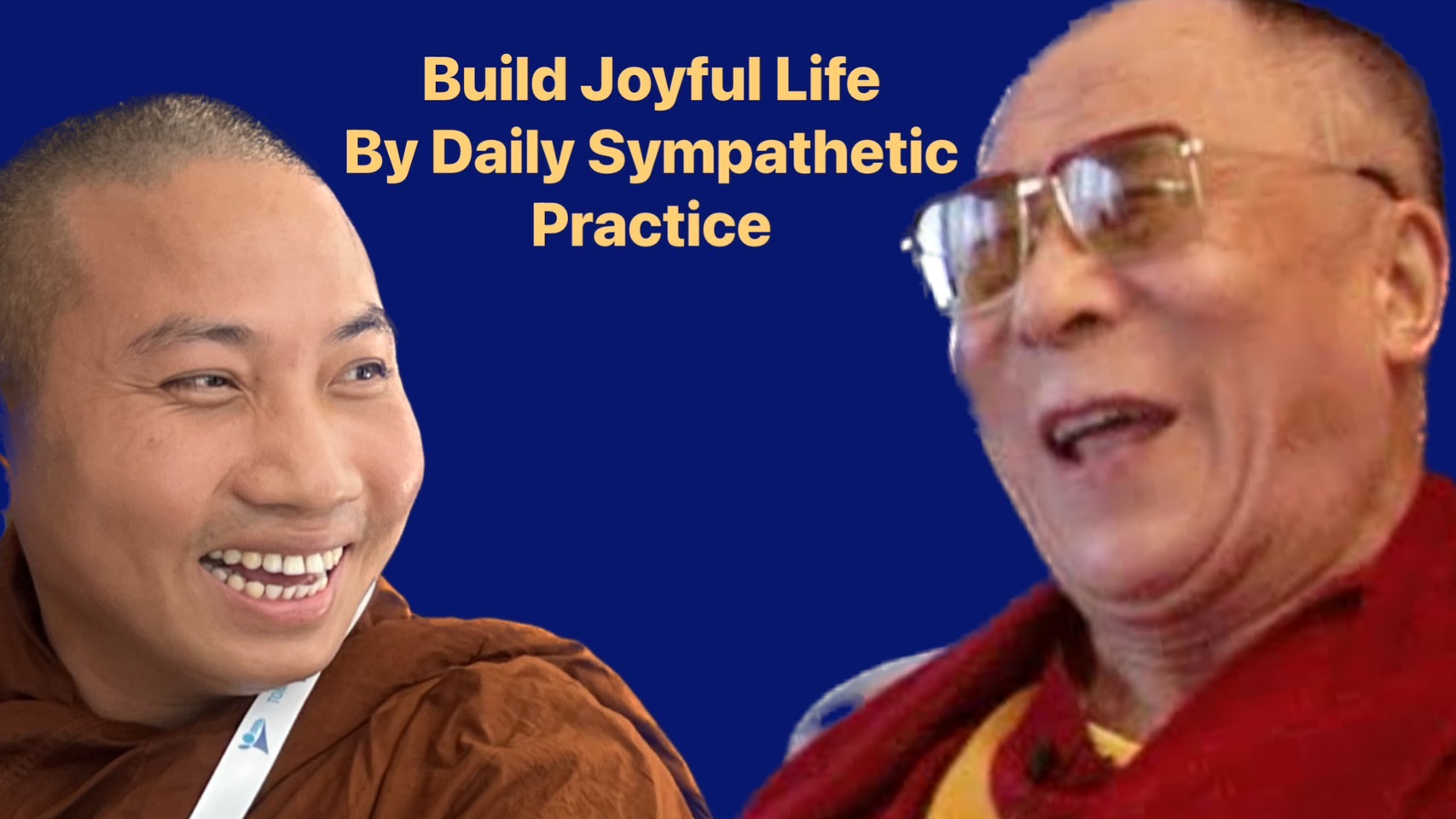Multifarious Meanings of Muditā (Sympathetic Joy) in Buddhism
- Article of ALOK MIND (Buddhist Psychology) No. 4.
- Author: Bhikkhu ALOKA
- Published by ALOK MIND Foundation
- Issued: 9 December, 2023
Abstract
This article analyzes the multifarious meanings of Muditā (sympathetic joy) in Buddhist scriptures, such as the sangiti Sutta in the Long Discourse of the Buddha, Buddhaghosa’s commentary, visuddhimagga, and so on. Primarily, four different and interesting meanings are identified: 1) Sympathetic joy serves as a meditation technique for experiencing unconditional joy, extending beyond mere sensual joyfulness or exhilaration. 2) Sympathetic joy represents a divine state or sublime attitude. 3) Sympathetic joy is a) an etymologically excellent word, b) an innocent practice, c) a virtuous practice for everyone, d) the practice of noble people or Buddhas, nature-holy people. 4) Sympathetic joy is a practice for deliverance as well as an element to nurture our joyful mind, guarding it against ill-will.
Keyword: Multifarious Meanings, Muditā (Sympathetic Joy)

